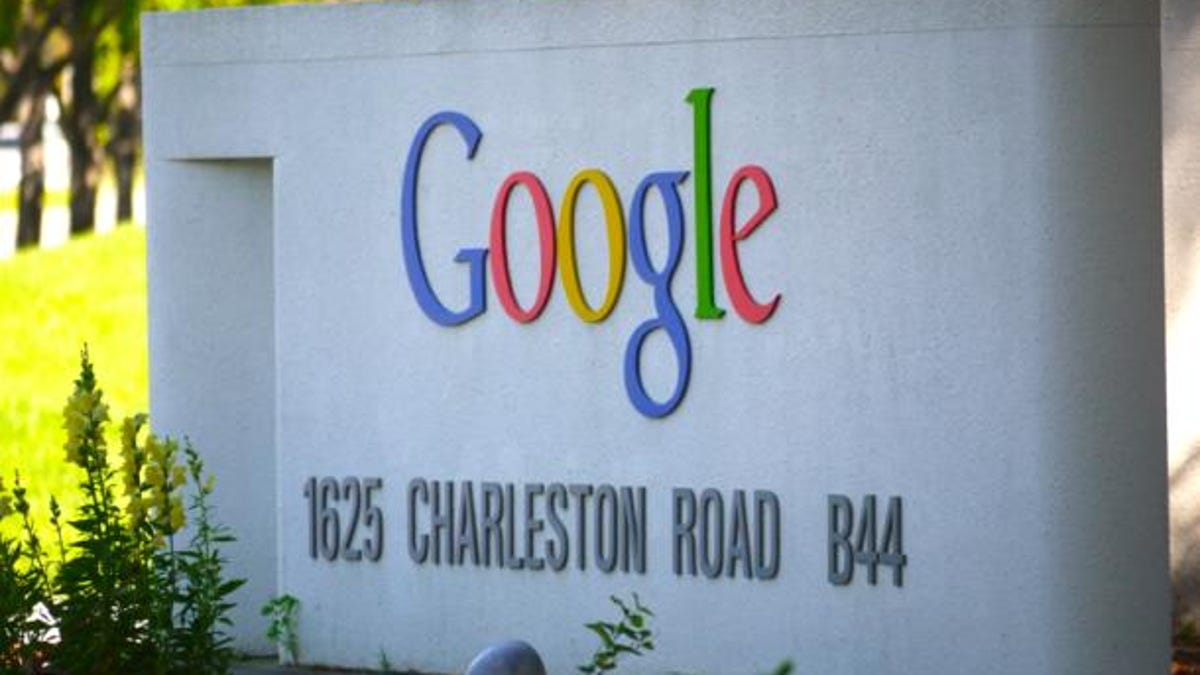Google edges closer to antitrust deal with Europe
The search giant's latest concessions to settle the dispute are seen as a positive step by the European Commission.

Google's latest efforts to avoid a heavy antitrust fine in Europe may just do the trick.
Joaquin Almunia, the European Union's competition commissioner, said Tuesday that Google has improved its commitments in the case as negotiations between the two sides ran on until Monday.
"We have reached a key moment in this case," Almunia said in a speech before the European Parliament. "Following the first market test, I had serious doubts whether it was possible to continue the route towards a commitment decision. I expressed my opinion to Google and in public. Now, with the significant improvements on the table, I think we have the possibility to work again and seek to find an effective solution based on a decision under Article 9 of the Antitrust Regulation."
Google has been in hot water with the EU over charges that it stifles competitors in the lucrative search and online advertising markets, thus violating European antitrust laws. Earlier this year, Google offered a series of concessions aimed at ending the dispute. But in July, the EU rejected those proposals, arguing that they were "not enough to overcome our concerns."
In response, Google went back to the drawing board to fine-tune its proposals while under considerable pressure from the European Commission, according to The New York Times.
The EC had "insisted on further, significant changes to the way we display search results," Kent Walker, a senior vice president at Google, said in a statement.
"While competition online is thriving, we've made the difficult decision to agree to their requirements in the interests of reaching a settlement," Walker added.
It is in Google's best interests to settle the case. An antitrust fine levied in Europe could cost the search giant as much as $5 billion. Almunia said he believes that the "settlement route remains the best choice." But that doesn't mean it's a done deal just yet.
The EC still needs to work with Google over the next few weeks to finalize the proposals, according to Alumnia. The Commission will also ask for feedback on the proposals from companies that have lodged antitrust complaints against Google as well as other stakeholders. A group representing 15 of those stakeholders has already chimed in.
FairSearch -- whose members include Expedia, Hotwire, TripAdvisor, Nokia, Oracle, Microsoft, Twenga, Allegro Group, and Foundem -- issued the following statement in response to Alumnia's speech:
Until we have seen the details of Google's proposed remedies, it would be irresponsible to comment on their content and potential for correcting the anti-competitive behaviour identified by the European Commission in May 2012. However, for FairSearch Europe it is essential that the remedies install the principle of non-discrimination so that Google applies the same rules to its own services as it does to others when it returns and displays search results. FairSearch Europe also looks forward to a deep and broad market test among complaintants and key stakeholders as the only way to test the effectiveness of the proposed remedies to restore competition in the online search market.
A final agreement between the EC and Google may not surface until spring 2014, according to the Times.
Updated, 9 a.m. PT with statement from FairSearch.

